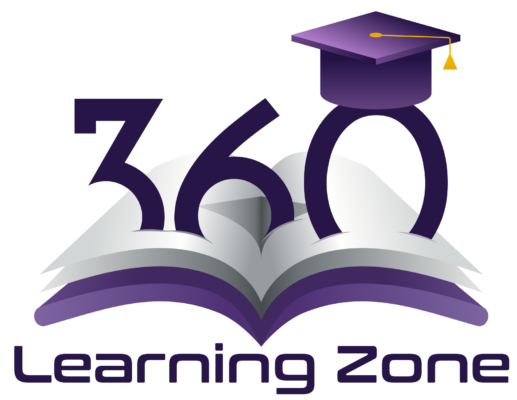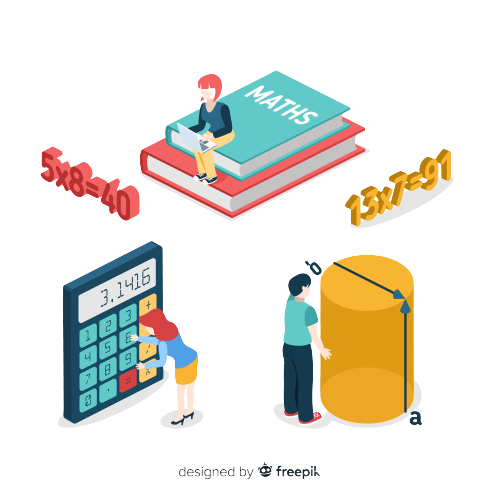LearningZone360 is excited to offer an exceptional educational experience for students in Class 11th. Our academy is dedicated to providing comprehensive and holistic learning opportunities that nurture students’ intellectual growth, critical thinking skills, and overall development.
In our Class 11th program, we strive to create a dynamic and engaging learning environment where students can explore a wide range of subjects and delve deeper into their areas of interest. We understand the importance of a strong foundation in the core subjects and offer a robust curriculum that covers essential disciplines such as Mathematics, Science, English, and Social Sciences.










